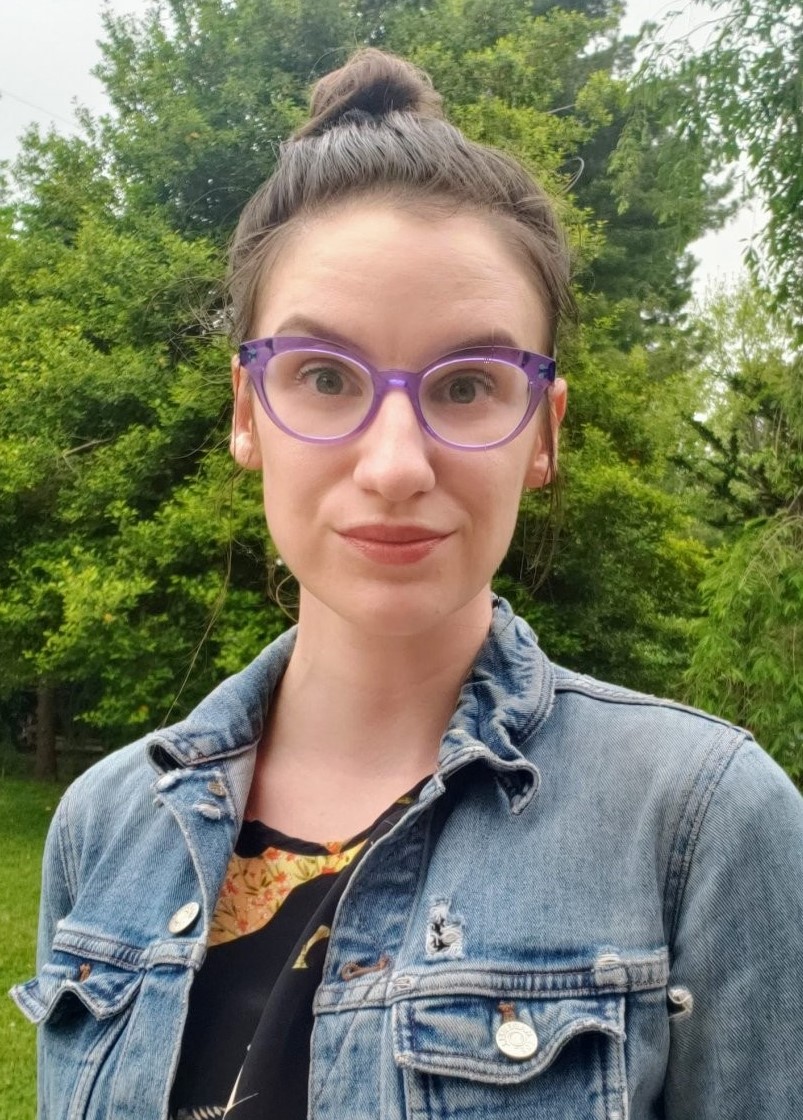
Gabrielle Robbins, PHD
Dr. Gabrielle Robbins is a historical ethnographer focused on the politics of health, medicine, the body, and the environment in Madagascar. She is a postdoctoral fellow in the new Critical Approaches in Science, Technology, and Medicine (CAST-M) track. In 2023, she earned her PhD from MIT’s Program in History, Anthropology, and Science, Technology and Society. She also holds an MS in Science, Technology, and Society from MIT and a BA in Anthropology from Barnard College.
Gabrielle’s first book project, Meaningful Compounds: The Language and Politics of Medicine in Highland Madagascar, examines therapeutic substances as vehicles for both social memory and future aspiration on the island. Oriented around expressions for naming, making, describing, and ingesting medicines – for example, a Covid-19 therapy whose name also designates sites of colonial massacre – the book argues that such semantic complexity imbues medicines with deep social meanings. It illustrates how medicines’ language condenses much wider legacies of subjugation, anti-colonial struggle, agrarian change, socialist and post-socialist industrialization, and religious intensification over the 20th and 21st centuries.
She is also developing two other research projects. The first is a collaborative effort with American and Malagasy colleagues on the dense politics of bones in central Madagascar. In response to a recent increase in bone thefts from family tombs, the project explores how ancestral bones mediate concerns about personhood and belonging, colonialism and slavery, changing notions of kinship, ways of knowing and protecting the body, and worsening insecurity. The second examines profound changes in Malagasy society catalyzed by intensifying cyclones. Through collaboration with environmental justice youth organizations, poets and artists, and health and disaster agencies on the island, this long-term project is broadly concerned with how cyclones and cyclone impacts are known, withstood, mitigated, and represented in communities at the frontlines of global climate change.